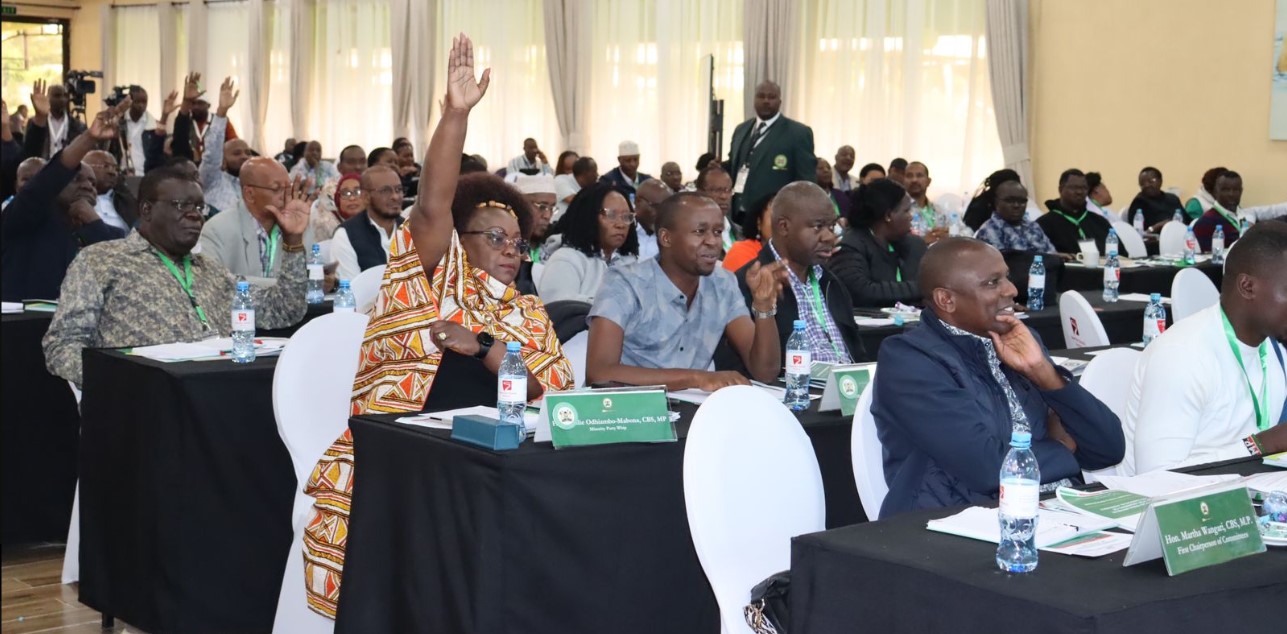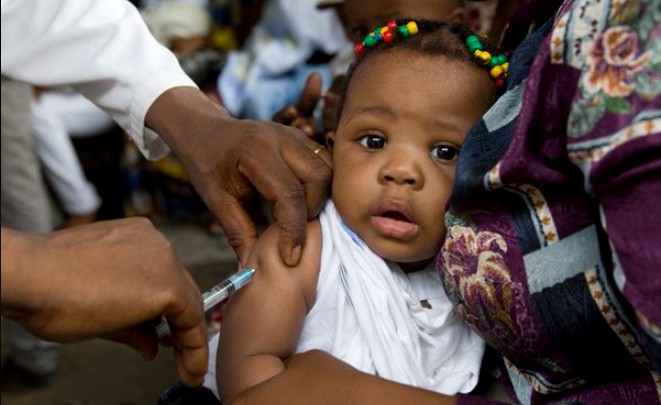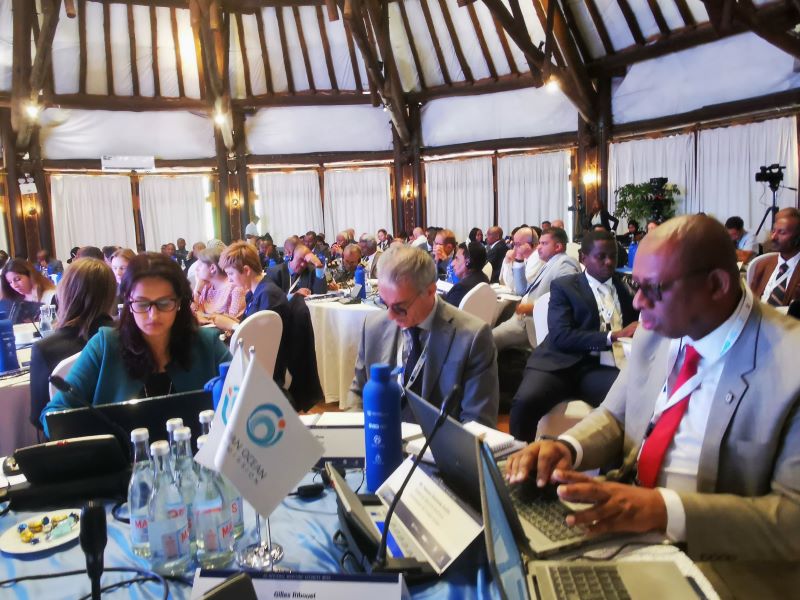MPs’ post-service medical scheme among key resolutions at Naivasha retreat

The retreat also addressed the backlog of 283 Bills currently pending before various parliamentary committees, some of which have remained unattended for two years.
Members of Parliament are gearing up for several key resolutions which were adopted during their one-week retreat, with action expected once the House resumes on February 11, 2025.
Among the top priorities are a post-service medical scheme for legislators, a review of President William Ruto’s Universal Health Coverage plan, and a focus on budgetary allocations following last year’s chaotic debate over the Finance Bill.
More To Read
- How Trump–Ruto health deal fills the void left after USAID exit
- Court to hear petition challenging eligibility of Embu North MP Leo Wa Muthende
- Nominated MP Denar Hamisi is dead, National Assembly confirms
- MPs demand SHA clears Sh10 billion in pending NHIF bills within three months
- MPs push for urgent funding boost for Auditor General’s office
- SHA transition sparks tension as teachers cite lack of consultation, legal violations
The retreat, held in Naivasha, Nakuru County, brought together House leadership, the Parliamentary Service Commission, the House Business Committee, and committee chairpersons. It served as a platform to assess MPs’ performance and set the legislative agenda as the 13th Parliament approaches its midterm.
National Assembly Speaker Moses Wetang’ula opened the discussions by urging lawmakers to focus on their mandate.
“We have a responsibility to always charge ourselves to deliver on our constitutional mandate as a House,” he said.
“From experience, this is a time for the House to reach the peak of its action and delivery to our people.”
A major resolution was the prioritisation of a post-service medical scheme for MPs. The Parliamentary Pensions (Amendment) Bill, 2023, sponsored by Kitui Central MP Makali Mulu, seeks to establish a contributory scheme that would enable legislators to continue accessing healthcare after leaving office.
Safeguard medical future
“By contributing to such schemes while in office, members can safeguard their health by ensuring that they are able to access health services even when they leave office,” Wetang’ula said.
Mulu noted that the proposal is gaining support among MPs who recognise the need to secure their medical future.
“Members are realising that they are potential former MPs and are now keen on their life after Parliament,” he said.
He clarified that the scheme would not place an additional burden on taxpayers as it would be funded through contributions, similar to pensions.
It was agreed that the House Business Committee, chaired by Wetang’ula, would prioritise the Bill once Parliament reconvenes.
The retreat also addressed the backlog of 283 Bills currently pending before various parliamentary committees, some of which have remained unattended for two years.
Wetang’ula directed committee chairpersons to report on their progress within two weeks of resumption. National Assembly Clerk Samuel Njoroge also urged committees to fast-track the Bills to ensure they move forward for House consideration.
“I want to take this opportunity to urge chairpersons of the committees to expedite the process of dealing with the legislative proposals drafted by Members and pending on their in-trays,” Njoroge said.
SHA urgent reforms
The lawmakers also discussed the Social Health Authority (SHA), with a unanimous agreement that urgent reforms are needed.
While some MPs advocated for a return to the now-defunct National Health Insurance Fund (NHIF), others called for patience with the new system, despite acknowledging its inefficiencies.
To address these concerns, MPs plan to hold meetings with the Ministry of Health once the House resumes to seek solutions.
“One thing we must do is audit this new system. We must ask how it was acquired. Why is it failing all the time? And why buy a new (technology) system for Sh104 billion and our people are still suffering?” asked Kitui Rural MP David Mwalika.
During their final session, MPs held a late-night meeting with National Treasury Cabinet Secretary John Mbadi, where they emphasised the need for budgetary prioritisation in agriculture, foreign investment, university education funding, and teacher pensions.
Mbadi told lawmakers that the global economy was stabilising, with projected growth of 3.2 per cent in 2024 and 3.3 per cent in 2025, which he said would positively impact Kenya’s economy.
He also noted that the Kenyan shilling had stabilised against the dollar, ranging between Sh128 and Sh130 since January 2024, an improvement from Sh160.8 in January 2024 to Sh129.4 in January 2025.
On the 2025/2026 budget-making process, the Budget and Appropriations Committee is set to meet Mbadi in Mombasa this week to chart the way forward. The Budget Policy Statement (BPS) is expected to be tabled before February 14.
Top Stories Today















































